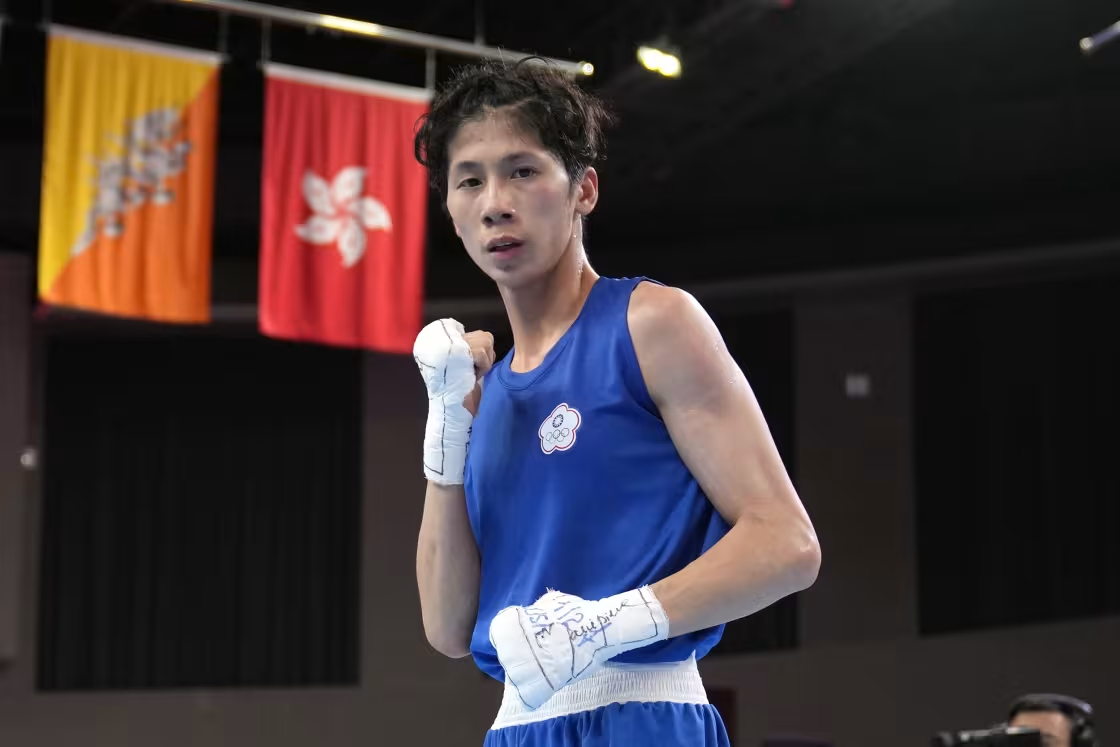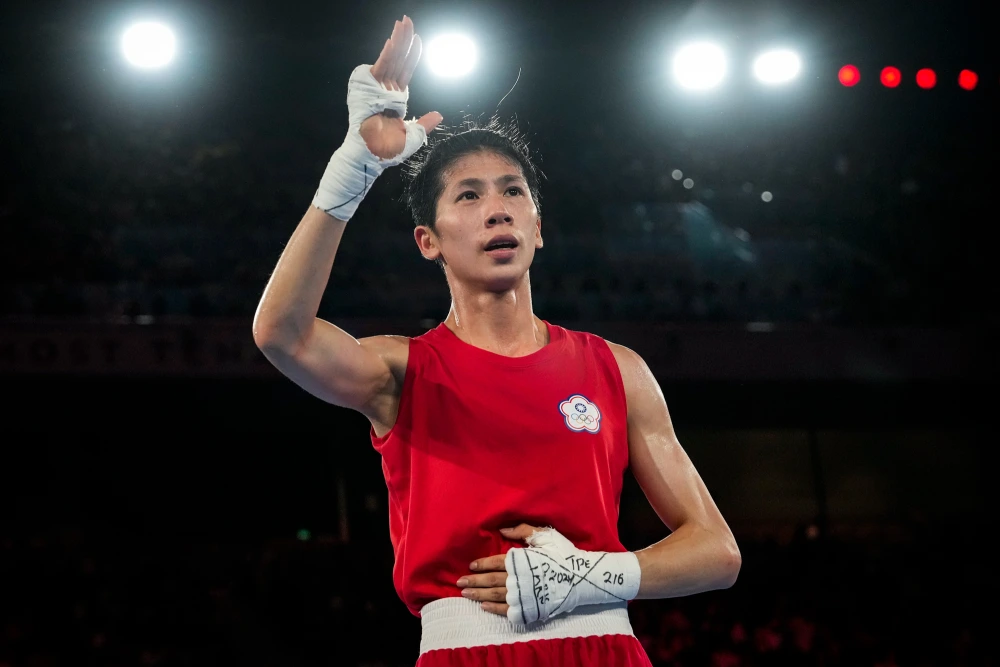Lin Yu-ting of Chinese Taipei has advanced to the featherweight gold medal bout at the Paris Olympics, becoming the second boxer at the center of a global gender eligibility debate to reach an Olympic final. Lin defeated Esra Yildiz Kahraman of Turkey by unanimous decision in the women’s 57-kilogram semifinal on Wednesday, setting up a showdown with Poland’s Julia Szeremeta for the gold medal on Saturday.

This victory follows Imane Khelif of Algeria’s success in the women’s 66-kilogram division, where she bested Thailand’s Janjaem Suwannapheng on Tuesday to secure her spot in Friday’s gold medal match against Yang Liu of China. Both Lin and Khelif have faced intense scrutiny and false accusations regarding their gender and eligibility to compete in women’s events.
The controversy stems from a decision by the Russian-led International Boxing Association (IBA) to disqualify both athletes from the 2023 Women’s World Boxing Championships in New Delhi. IBA president Umar Kremlev alleged that the women failed unspecified gender tests showing male chromosomes, claims that have resurfaced during the Paris Olympics.
The International Olympic Committee (IOC) has strongly defended both athletes, repeatedly declaring them eligible based on their passport genders. IOC President Thomas Bach condemned the online commentary as “hate speech,” emphasizing, “We have two boxers who were born as women, who have been raised as women, who have a passport as a woman and who have competed for many years as women.”

Lin, addressing the controversy after her semifinal victory, said she’s focusing on the upcoming bout: “Take it one step at a time, focus on each match, seize every opportunity in the ring, and aim for victory until the end.” Khelif has also spoken out against the allegations, stating, “I want to tell the entire world that I am a female.”
The situation has sparked a broader debate about gender in sports, drawing comments from prominent figures like Elon Musk, J.K. Rowling, and former President Donald Trump. Some, like American influencer Logan Paul, have apologized for spreading misinformation, while others have doubled down on their criticisms.
The controversy has also raised questions about the IBA’s legitimacy, given the IOC’s decision to suspend and later stop recognizing the association due to alleged financial and ethical corruption. IOC spokesperson Mark Adams called the IBA’s eligibility tests “flawed” and “not legitimate.”
Credit: nbcnews.com



